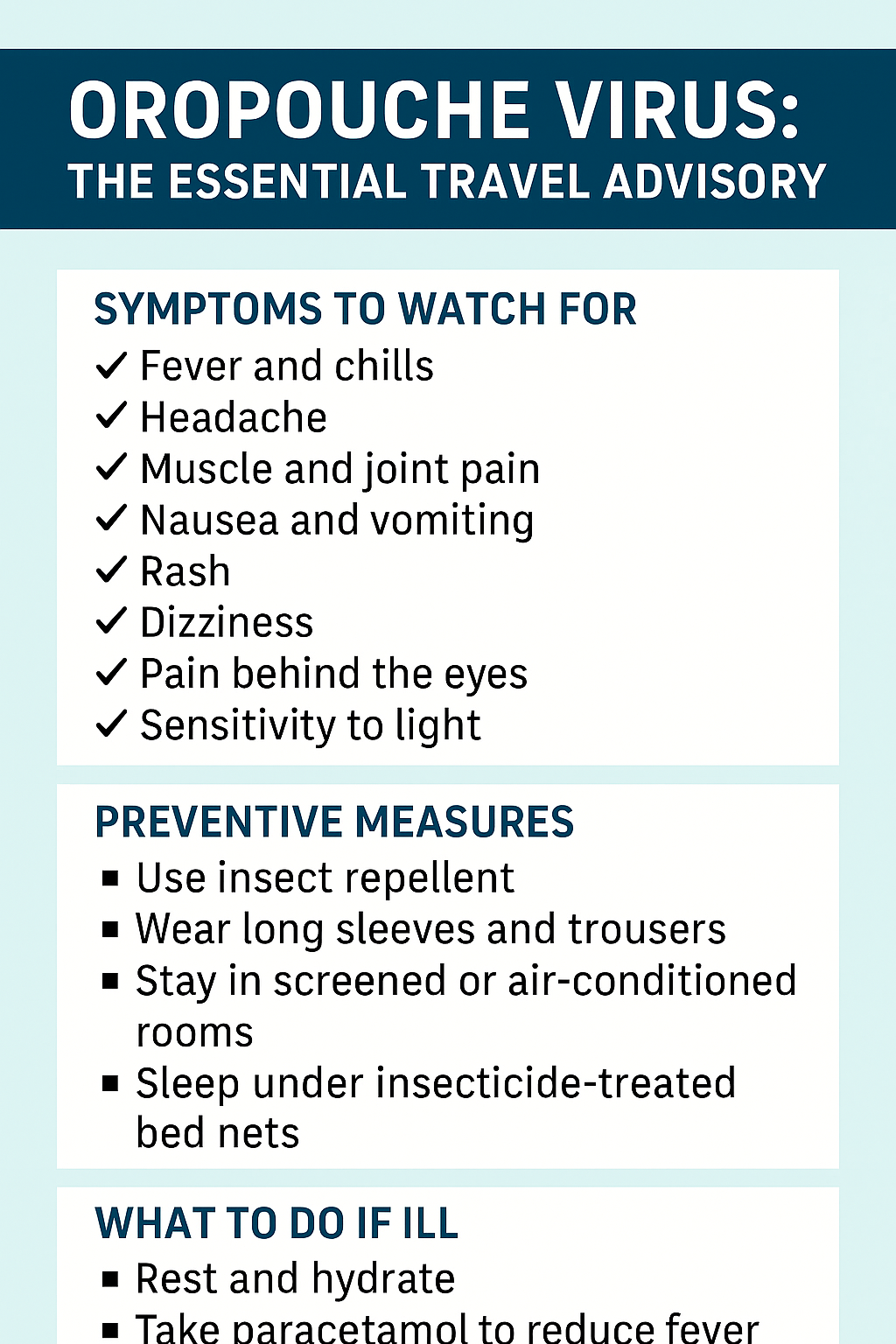The UK Foreign, Commonwealth & Development Office (FCDO) has expanded its latest travel advisory to include Austria, joining Greece and France on the list of European destinations with updated entry requirements, visa rules, and security alerts. This new advisory provides critical information for British travellers preparing holidays, business trips, or study visits across the Schengen Area, ensuring smoother journeys while reinforcing awareness of terrorism-related risks.
Austria: Newly Added to the FCDO Advisory
Austria, known for its alpine landscapes and cultural heritage, is now highlighted in the FCDO’s advisory. The update aligns with the UK’s policy of giving timely, accurate information to citizens travelling abroad.
Entry & Passport Rules
- Passport validity: UK travellers must ensure their passports were issued within the past 10 years and remain valid for at least 3 months after the date of departure from Austria.
- Schengen short stays: Austria follows the Schengen 90 days in a 180-day period rule, covering tourism, business, and short-term study visits.
- Long-term visits: For stays longer than 90 days, travellers must secure an Austrian long-stay visa or residence permit depending on the purpose—employment, education, or family reunification.
Security Warnings
The FCDO stresses vigilance in Austria due to past terrorist events, such as the 2020 Vienna attack. Travellers are urged to remain alert in busy public spaces like metro stations, shopping areas, and cultural landmarks. Following Austrian police guidance and monitoring local media is strongly recommended.
Greece: Entry Ease, But Heightened Caution
Greece remains a popular summer destination for British tourists, but the advisory reminds visitors to observe Schengen rules closely.
Key Travel Information
- Visa-free entry: UK citizens can visit Greece for up to 90 days without a visa. Passport rules mirror Austria’s—issued within the last 10 years and valid for 3 months beyond departure.
- National visa: Those intending to stay longer must apply for a visa or residence permit.
Security Concerns
While Greece has not suffered major terror attacks in recent years, the FCDO warns of a “generalised threat” across Europe. Travellers are advised to exercise caution, particularly in Athens, Thessaloniki, and other busy hubs. Avoiding large gatherings, staying aware of surroundings, and following official advice form key safety steps.
France: High on Alert but Still Welcoming
France, home to millions of annual UK visitors, remains under close watch due to repeated terrorism threats in recent decades.
Entry Rules
- Visa-free short stays: France allows up to 90 days in any 180-day period for tourism or business.
- Long-term stays: Work, family reunification, and education require national visas or permits.
- Passport checks: French border authorities may ask for proof of accommodation, onward travel, or sufficient funds.
Terrorism Threats
France has seen multiple high-profile attacks, including the 2015 Paris incidents and more recent attempts in urban centres. Travellers should remain vigilant at tourist hotspots such as the Eiffel Tower, Louvre, and transport hubs. The FCDO also recommends that UK visitors review their travel insurance policies to ensure terrorism-related coverage.
Common Advisory Points for Austria, Greece, and France
Across all three countries, the FCDO provides a uniform set of guidelines to help UK nationals travel confidently:
- Schengen Rule Awareness – The 90/180-day limit applies collectively across the Schengen Zone, not per country. Time spent in Austria, Greece, and France counts together.
- Proof of Accommodation – Hotels, rental bookings, or signed letters of invitation may be requested.
- Travel Insurance – Ensure coverage for medical emergencies, cancellations, and disruption caused by terrorism.
- Funds & Documentation – Border officials may request proof of financial resources and return tickets.
- Upcoming EU Border Changes – From October 2025, the EU Entry/Exit System (EES) will introduce biometric checks (fingerprints and facial recognition), affecting short-term UK visitors.
Why This Matters for UK Travellers
The FCDO’s proactive updates reflect ongoing security challenges in Europe and changing immigration procedures post-Brexit. With Austria now joining Greece and France in the advisory, UK citizens are better equipped to prepare their journeys, avoiding fines, bans, or visa complications.
These advisories also ensure travellers take seriously the persistent terrorism risks, empowering them to make informed decisions about their safety while abroad. By following the guidance, holidaymakers can enjoy Europe’s cultural and natural attractions while minimising exposure to risks.
Conclusion
Austria’s inclusion alongside Greece and France in the FCDO’s latest travel advisory reinforces the importance of being fully prepared before travelling. With clear rules on passport validity, Schengen visa-free allowances, and heightened terrorism threats, UK citizens are urged to stay informed, remain vigilant, and comply with local and EU-wide regulations.
As Europe introduces new border controls in late 2025 and continues to grapple with security challenges, UK travellers who follow this official guidance can still enjoy safe and memorable experiences across the continent.
For more travel news like this, keep reading Global Travel Wire















